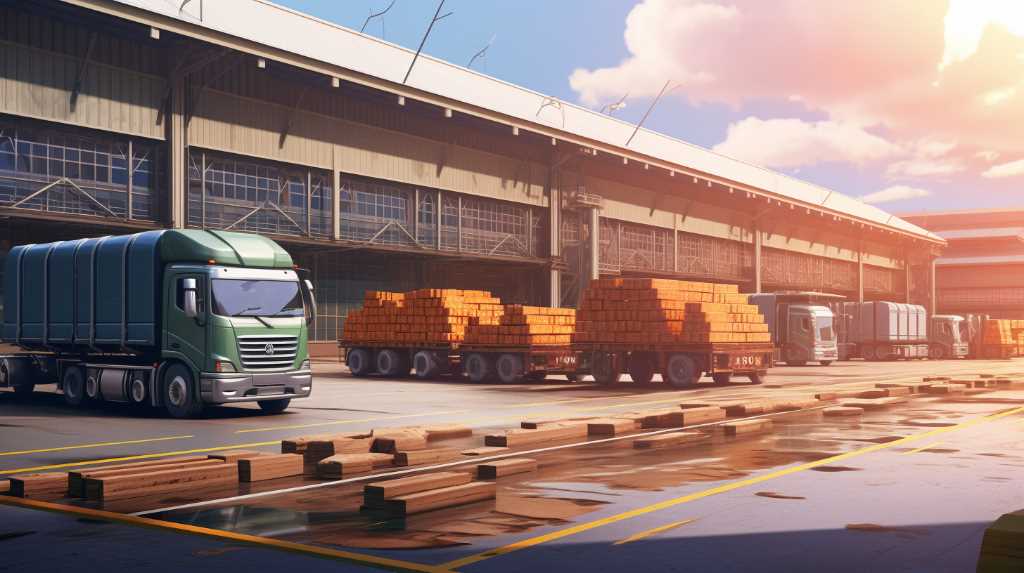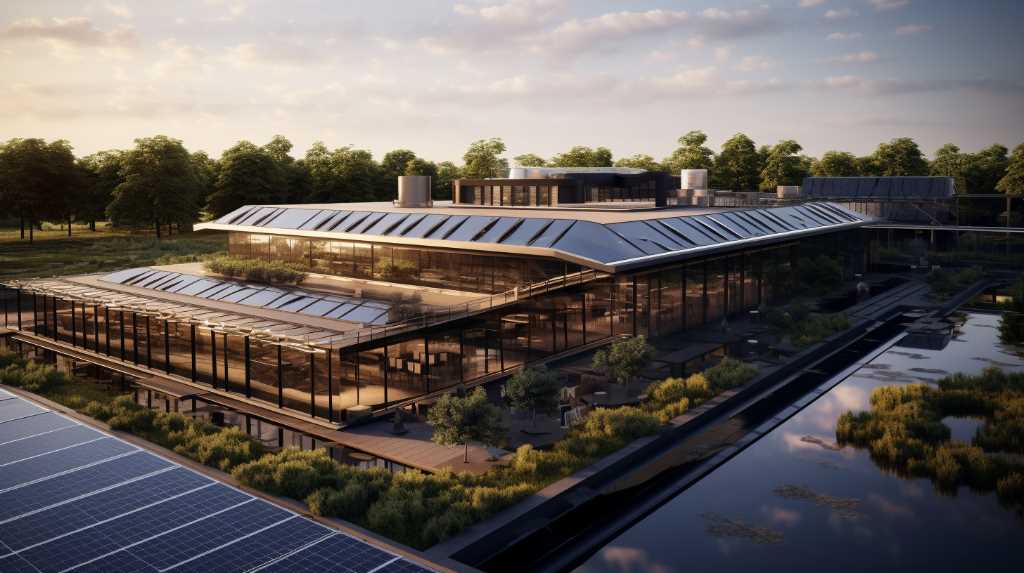Artisan Furniture is scripting a purpose-driven story on ethical expansion. As a torchbearer for sustainability, its ascent is built on a robust framework quantifying environmental impacts across operational stages. Recent emissions reports offer pivotal insights, highlighting targeted reduction efforts.
Table of Contents
ToggleRevitalizing Depleted Lands
Central to Artisan’s eco-conscious agenda is restoring degraded landscapes via timber, fruit and forest wood trees. Under its ‘Reforest India’ drive, barren acres are rejuvenated into lush green havens brimming with biodiversity. The reforested lands sequester substantial CO2 emissions annually while preventing soil erosion and boosting farmer incomes.
“Our expanding plantations build climate resilience for local communities while increasing our carbon sink. It is a vital pillar of our net-zero ambition,” affirms Artisan Furniture.
Curbing Upstream Emissions

Strategic sourcing of sustainably harvested wood curtails upstream emissions associated with timber production and inbound logistics. Additional interventions like installing solar biomass boilers at partnering sawmills have attenuated supply chain impacts. Optimizing transport routes and switching delivery fleets to biofuels have also reduced average emissions per tonne of raw material since 2020.
Craftsmanship with Low Impact

At Artisan Furniture’s heart lies the finesse of community artisans who channel cultural heritage into bespoke woodwork. However, conventional crafting methods prove energy-intensive, hindering environmental goals. By distributing solar-powered wheels and biofuel community stoves, Artisan has significantly trimmed artisanal emissions. Looking ahead, electrifying all artisanal processes by 2026 will deliver sizable reduction in carbon emissions.
Sustainable Finishing Touches

The Jaipur production hub is pivotal for quality assessments, finishing and packaging before overseas shipping. Recent investments have already enhanced energy efficiency and minimized waste via closed-loop water systems and upcycled packaging materials. The impending solar energy shift will further reduce emissions from finishing procedures. Additionally, rethinking product design and streamlining processes has increased material efficiency and lowered packaging needs, attenuating the overall footprint.
Optimizing Last Mile Logistics

Supply chain emissions comprise a major share of Artisan Furniture’s total emissions. By collaborating with maritime freight partners on biofuel adoption and route optimization, Artisan continues to constrain logistics emissions. The introduction of electric vehicles for last-mile delivery will also have compounding impact. “Building sustainable logistics will attenuate our value chain impacts while delivering on quality,” asserts Artisan.
Zero-Waste Ethos

Artisan Furniture mainstreams zero-waste practices from production to delivery. Excess materials and process scrap are reintroduced or resold locally, catalyzing circular systems. Concurrently, smart water meters and rainwater harvesting have trimmed operational resource needs.
The nascent furniture buyback incentive also offers customers trade-in discounts for pre-used products. After quality restoration, the refurbished furniture is reused, adding to Artisan’s expanding sustainability schema.
Powering Digital Avenues Sustainably

While digital platforms amplify Artisan’s market avenues, the tech footprint can eclipse sustainability if not developed consciously. By migrating customer-facing digital assets to a green cloud server, Artisan has effectively reduced emissions. Future digitization of sales and communication channels will further constrain the overall digital emissions footprint.
Charting the Road Ahead

Artisan Furniture’s blueprint spotlights sustainability as an accelerator for equitable progress. As stated, “Our eco-conscious targets drive process improvements, resource efficiency and job creation. We remain committed to walking the talk on ethical expansion.” Bit by bit, this purpose-led organization is redefining future enterprises and seeding green action.





